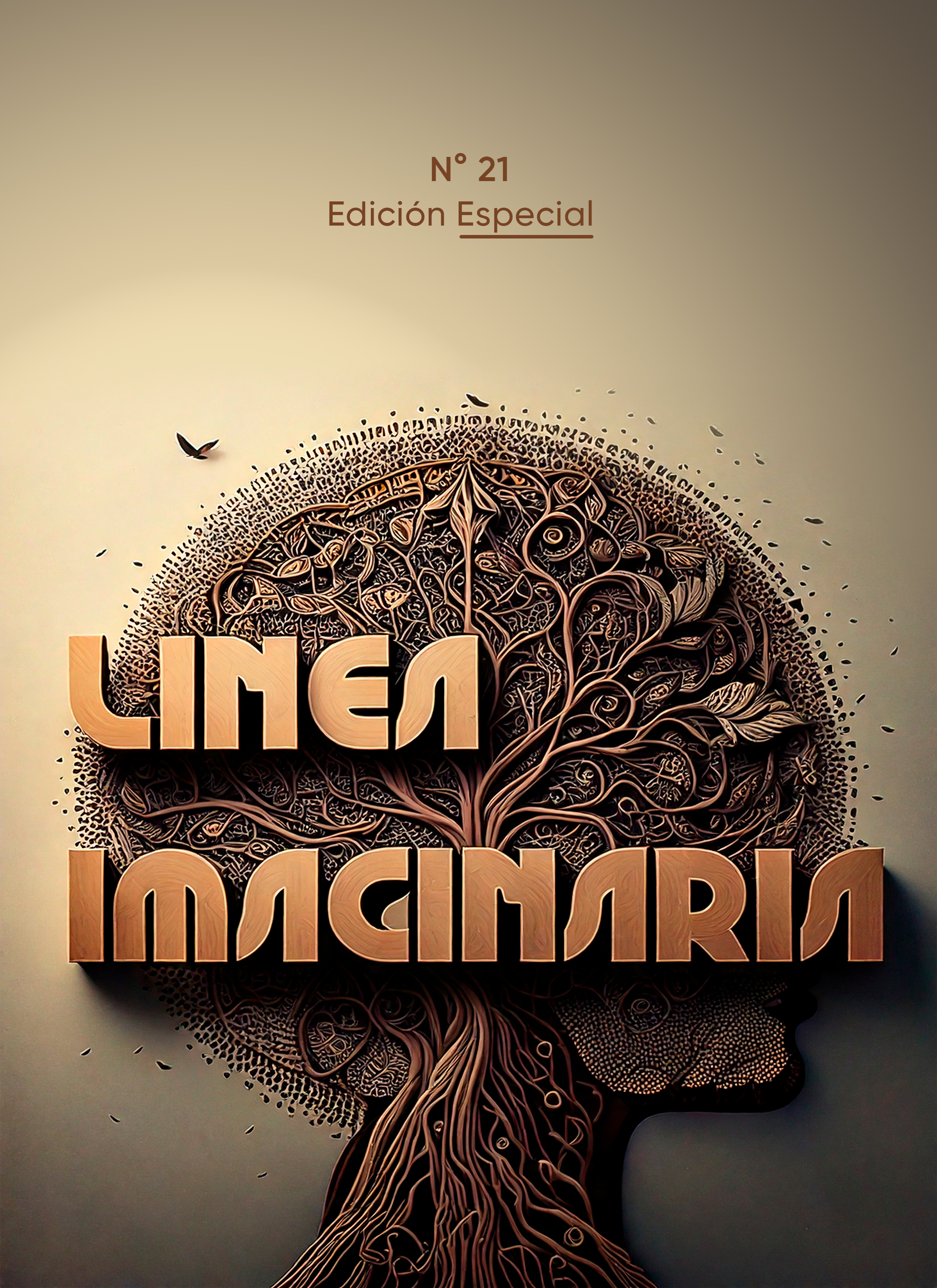LAS POLITICAS EDUCATICAS EN PERSPECTIVA LATINOAMERICANA
Keywords:
Education, Development, Human being, Politics, Criticism, Participation, Quality, Public sphereAbstract
The philosophy of education constitutes a fundamental element in the integral development and search for the plenitude of the human being, when the development, culture and the emancipatory process of the human spirit are contemplated, it is found, that political processes constitute the genesis of the transformation of processes of the education, understanding through it, the authentic and integral development of human mankind.
Based on the problems that education is facing today, it is necessary to turn ones' gaze to the urgent need to carry out a process of criticism of the educational policies that have been established over the past centuries, especially, those that have been carried out in Latin America, and in a particular way, those that are evident in the Colombian educational system.
The aim is for social participation to be exercised by the various social actors on a legal and social basis, with the firm intention of participating in the realities that emerge in the educational environment, in order to establish new processes that allow for authentic citizen participation and to stop thinking about education from a bureaucratic point of view and to focus instead on authentically public spheres. In this context, the strategic proposals of the government will be examined in terms of coverage, quality of training for teachers and educational managers, especially those belonging to the official sector.
Downloads
References
Adorno. Teoría Crítica y Pensamiento Negativo. Biblioteca Clásica Gredos. Madrid. Aristóteles (1983). Política. Tr. J. Marías y M. Araujo. Madrid: Centro de Estudios Constitucionales. Aristóteles (1981). Ética a Nicómaco. Tr. J. Marías y M. Araujo. Aristóteles. Ética a Nicómaco, Madrid, 1970. Casassús, J. (1995). Acerca de la calidad de la educación. Santiago: UNESCO.
Escobar, A.; Álvarez, S.; Dagnino, E. (2001). Política cultural y cultura política. Una nueva mirada sobre los movimientos sociales latinoamericanos. Bogotá, Colombia. Foro Mundial sobre la Educación Dakar, Senegal, 26-28 de abril de 2000
Immanuel Kant: Introducción Sobre la Pedagogía. Herder. Madrid Ley General de Educación. Magisterio. Bogotá Gadamer, Hans-Georg (1999). Verdad Método. Tomo I, Salamanca Ediciones Sígueme. Husserl. La Crisis De Las Ciencias Europeas y La Fenomenología Trascendental. Trota. Madrid Foucault. Poder y saber (La Micro política Foucaultiana y la Práctica Escolar).
Siglo XXI Editores México. Praxis Filosófica, núm. 52, pp. 45-70, 2021. Universidad del Valle. Colombia Pensamiento Complejo: En torno a Edgar Morín, América Latina y los procesos educativos. Universidad de la Salle.
Políticas educativas en Colombia: en busca de la calidad Fredy Luis Pérez Dávila. Institución Educativa Distrital Juan Lozano y Lozano, Bogotá, Protágoras contra Sócrates: valentía y conocimiento en Protágoras 349e-351b UNESCO (2013a). Situación Educativa de América Latina y el Caribe: Hacia la educación de calidad para todos al 2015. Santiago: Ediciones UNESCO.
Downloads
Published
How to Cite
Issue
Section
License
Copyright (c) 2025 LÍNEA IMAGINARIA

This work is licensed under a Creative Commons Attribution-NonCommercial-ShareAlike 4.0 International License.
La revista Línea Imaginaria conserva los derechos patrimoniales (copyright) de las obras publicadas, que favorece y permite la reutilización de los mismos bajo la licencia Creative Commons Atribución-NoComercial-CompartirIgual 4.0 , por lo cual se pueden copiar, usar, difundir, transmitir y exponer públicamente, siempre que se cite la autoría y fuente original de su publicación (revista, editorial, URL y DOI de la obra), no se usen para fines comerciales u onerosos y se mencione la existencia y especificaciones de esta licencia de uso. Si remezcla, transforma o crea a partir del material, debe distribuir su contribución bajo la misma licencia del original.













